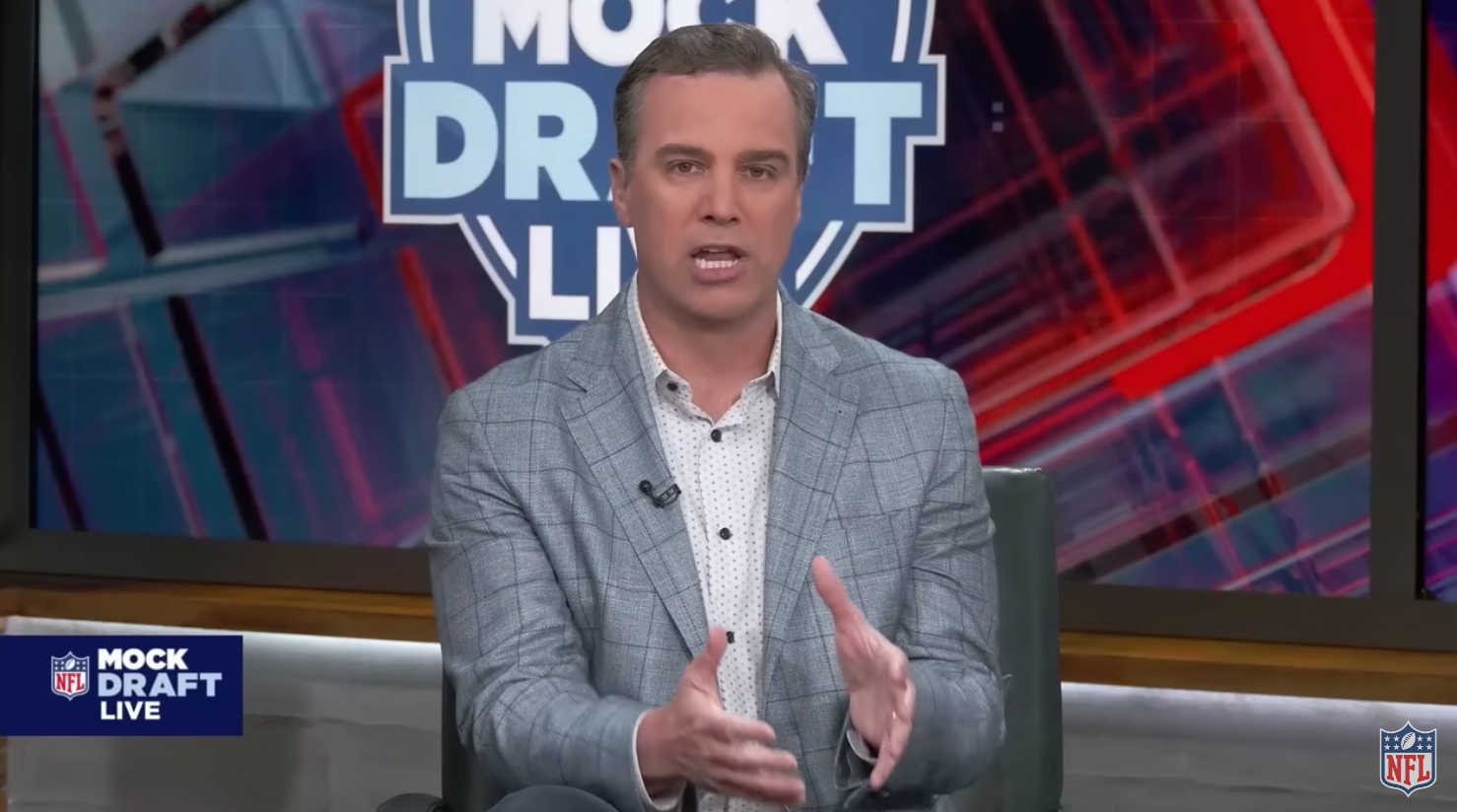A couple years ago when we wrote about ways to fix MLS TV ratings, the #1 directive was to give the league consistent broadcast windows. Sports all the way from the NFL to the EPL have extremely reliable times when games are going to be televised that you can set your watch to. For MLS under their old television contract, that was an impossibility.
Back in 2013, games started at 1:00, 1:15, 2:00, 3:00, 5:00, 7:00, 7:30, 8:00, 9:00, 10:00, and 11:00. How can any fan of the league, let alone one team be able to keep track?
Well with MLS’s new television contract this year with ESPN, Fox Sports, and Univision, the networks finally delivered on consistent broadcast windows. Univision would televise Friday night games on Unimas, and ESPN2 and FS1 would have a late Sunday afternoon and early Sunday evening doubleheader at 5 PM ET and 7 PM ET respectively. It actually showed some organized thought and effort into growing sagging television ratings. Better late than never one supposes, especially since the networks were paying triple the rights fees in the new television contracts.
With the 2015 regular season in the books, we can observe through the ratings this year that the new strategy worked. All three networks posted ratings gains over 2014:
ESPN/ESPN2: 249,000 average viewers, up 4 percent
Unimas: 224,000 average viewers, up 3 percent
FS1: 197,000 average viewers, up 40 percent (versus NBCSN games in 2014)
In a piece over at Sports Business Journal, at least one network exec credits the new start times as one of the reasons for the increase with plenty more optimism for the future:
Scott Guglielmino, ESPN’s senior vice president of programming, credited a more consistent TV schedule for the gains. Univision carried an exclusive game on Friday nights; local games were carried on various regional sports networks on Saturday nights; ESPN held the 5 p.m. ET window on Sundays; and Fox Sports 1 had the 7 p.m. window on Sundays.
ESPN, Fox and Univision agreed to carry promos created by MLS that pushed viewers to games that were on competing networks. In fact, Bacon said almost 20 percent of ESPN’s MLS audience switched over to watch the Fox telecast later that night.
“We’re starting to see a lot of good trends developing,” Guglielmino said. “Look, it’s a long road, but we’re seeing decent traction.”
While ESPN and Unimas’ gains were modest, the new windows were really a success for FS1. Having that lead in from the ESPN game was obviously huge if they’re getting almost a fifth of the audience sticking with the doubleheader. And given FS1 and NBCSN have a hard time initially connecting with new audiences because of their newness as networks, the double boost of consistent start times and lead-in promotion from ESPN contributed to the 40% increase.
Even the timing of playoff games has been great for fans with one leading into the other and following a similar broadcasting timeline. Yes, it was an NFL Sunday, but because I was going to watch the second leg of Crew-Impact and knew that DC-NYRB was on right before, I tuned in a little early to watch the conclusion of that game. Would I watch that other game if I had to search through my programming guide or look up the start time on the MLS website? Probably not.
A big secret in finding success in sports television is shaping viewing habits of your audience. We’re trained from birth to know that NFL games kickoff at 1 ET and 4 ET (well, now 4:25 ET or whatever it is) on Sunday afternoons. Now that MLS has carved out their spot on the sports calendar, and those viewing habits continue to be shaped, hopefully the league will continue to see a positive ratings trajectory moving forward.








Comments are closed.